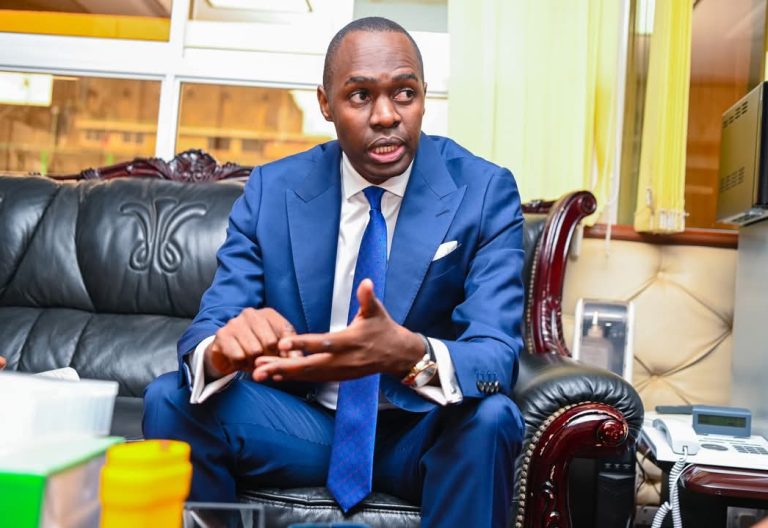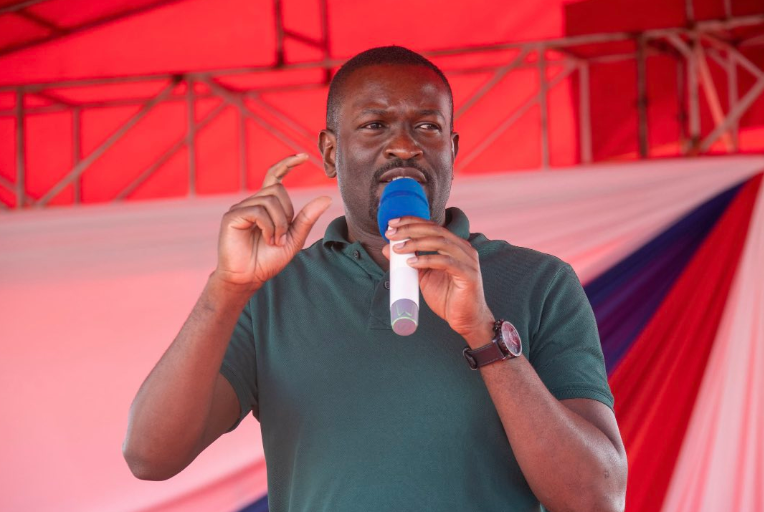Changing face of university chancellorship

The Universities Act and respective university charters stipulate that the Chancellor is the titular head of a university. In public universities, the chancellor is ceremonial, presides over graduations and confers degrees, functions that, although formal, carry weight in shaping institutional direction.
In private universities, chancellors have a closer relationship with the founding sponsors and wrongly tend to play a more hands-on role in governance and strategy, often interfering with the vice-chancellor’s vision. Regardless of context, the chancellor’s influence must promote institutional integrity and long-term stability.
In a historic ceremony held on April 30, Co-operative University of Kenya installed Dr Bernard William Chitunga as its second chancellor. At just 36 years old, Chitunga becomes the youngest individual in Kenya to be appointed to that role, marking a bold shift toward youthful, visionary leadership in higher education.
His installation signals the university’s commitment to innovation, inclusivity, and generational change. However, what constitutes an ideal university chancellor?
An ideal chancellor should be a full professor or an individual with a robust academic background and a distinguished record of scholarship. This ensures not only credibility within the academic community but also the capacity to represent the university in academic forums and policymaking circles.
A chancellor must understand the unique challenges faced by universities – ranging from research funding to curriculum relevance – and advocate effectively for their resolution.
While youth brings innovation, the role of a chancellor demands a balance between energy and gravitas. The ideal age bracket is between 60 and 75, reflecting a career enriched by experience in academia, public service, or professional leadership. The appointing authorities of chancellors are reminded that in Kenya, additionally, there are 60-plus experienced former vice-chancellors (VCs), in perfect health, who would snugly fit into this role.
The database of the former VCs is with the Commission for University Education, which has kept them engaged.
A chancellor must be a person of unshakable integrity. They should embody the university’s values – honesty, academic freedom, service, and excellence. Universities are moral institutions and must project leaders who can stand above partisan, corrupt, or scandalous influences. This integrity is essential for building trust with students, faculty, partners, and the public.
Global visibility is increasingly critical in higher education. A chancellor with both national stature and international networks can attract partnerships, funding, and global collaborations that benefit the institution. This is especially important in a time when Kenyan universities are striving to compete in international rankings and to respond to global academic trends. The appointment of internationally recognised scholars underscores the importance of cross-border respect and influence.
The appointment of Chitunga may have surprised many and stirred debate in academic circles, but I believe that his vision, experience and qualifications will determine the success of such a bold choice.
The writer is a Professor of Chemistry at the University of Eldoret, a Higher Education Expert, and a Quality Assurance Consultant;
okothmdo@uoeld.ac.ke











